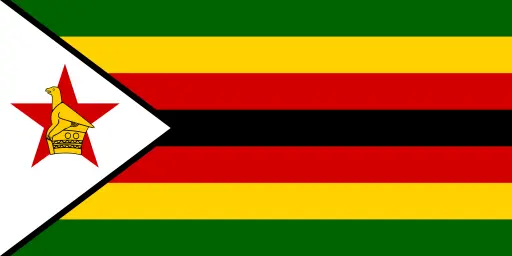
Zimbabwe
Zimbabwe is planning to regulate cosmetics in the very near future.
During 2024, the Medicines Control Authority of Zimbabwe (MCAZ) released two draft versions of the Cosmetcis Regulations for stakeholder inputs, wherein cosmetics are defined as: “any substance or mixture-
intended to be placed in contact with the external parts of the human body (epidermis, hair system, nails, lips and external genital organs) or with the teeth and the mucous membranes of the oral cavity;
which may be applied on the body by means of rubbing, pouring, steaming, sprinkling, spraying or otherwise;
that may be used for cleaning, beautifying, perfuming, changing the appearance, promoting attractiveness, protecting, keeping in good condition or correcting body odours on the external parts of the human body or otherwise;
excluding anything intended beside the above purposes, for use in the diagnosis, treatment or prevention of diseases and those intended to affect the structure or any function of the body.”.
Zimbabwe is a member of COMESA; SADC; and the AfCFTA in Africa, and has bilateral trade agreements with South Africa; Botswana; and Namibia. It is also included in the Economic Partnership Agreement of the European Union – providing duty- and quota-free acess to those markets. Following its accession to the General Agreement on Tariffs and Trade (GATT) in 1948, Kenya became a member of the World Trade Organization in 1995.
Furthermore, the Generalized System of Preferences (GSP) applies that gives the country preferential treatment in terms of exports to certain countries. The GSP’s overall framework and rules are administered by the WTO, with individual countries manageing their own preferences. Countries could include: Armenia; Australia; Belarus; Canada; the European Union; Iceland; Japan; Kazakhstan; New Zealand; Norway; the Russian Federation; Switzerland; Turkey; United Kingdom; and the United States of America.
